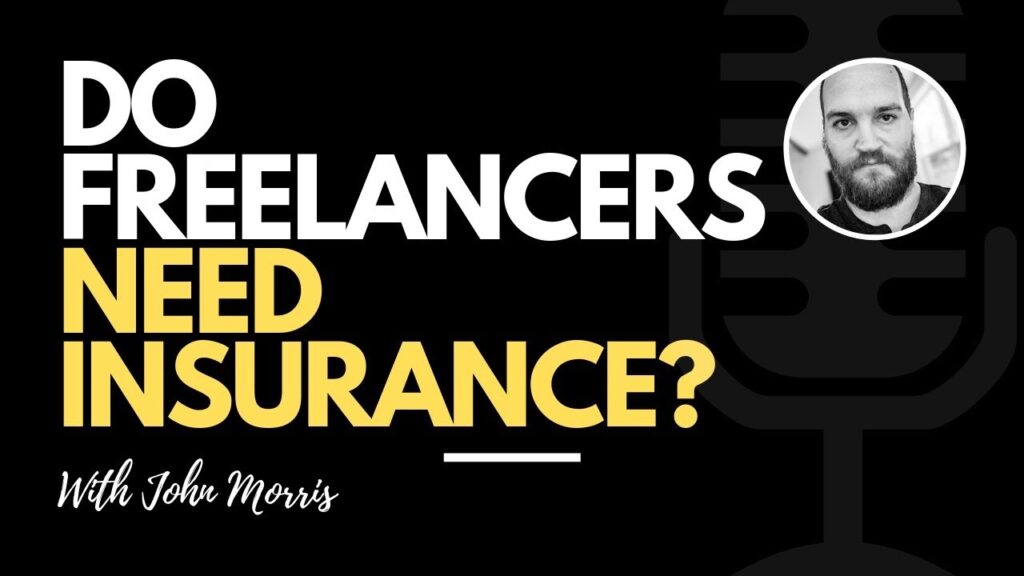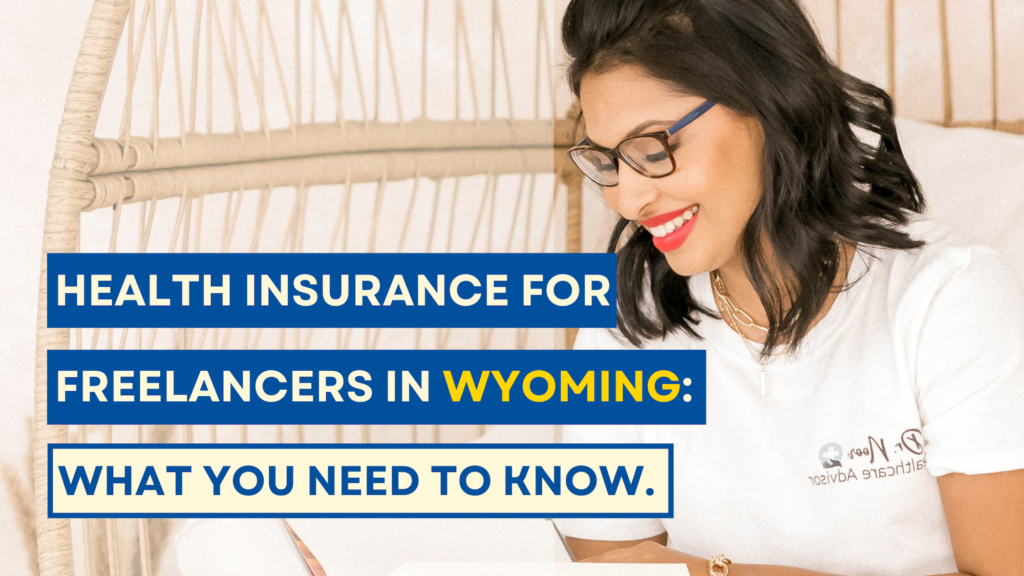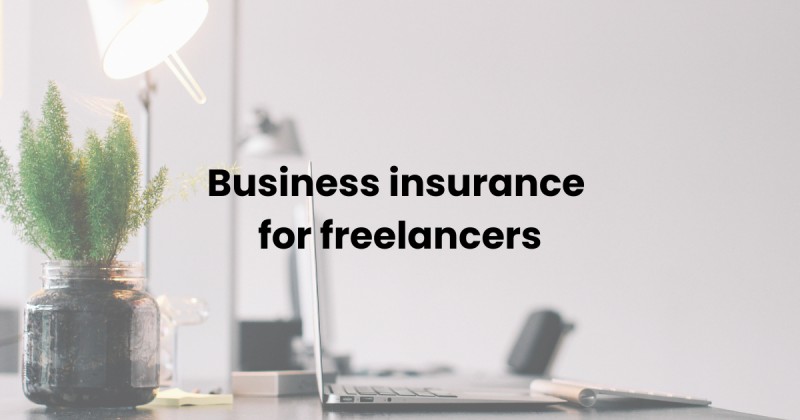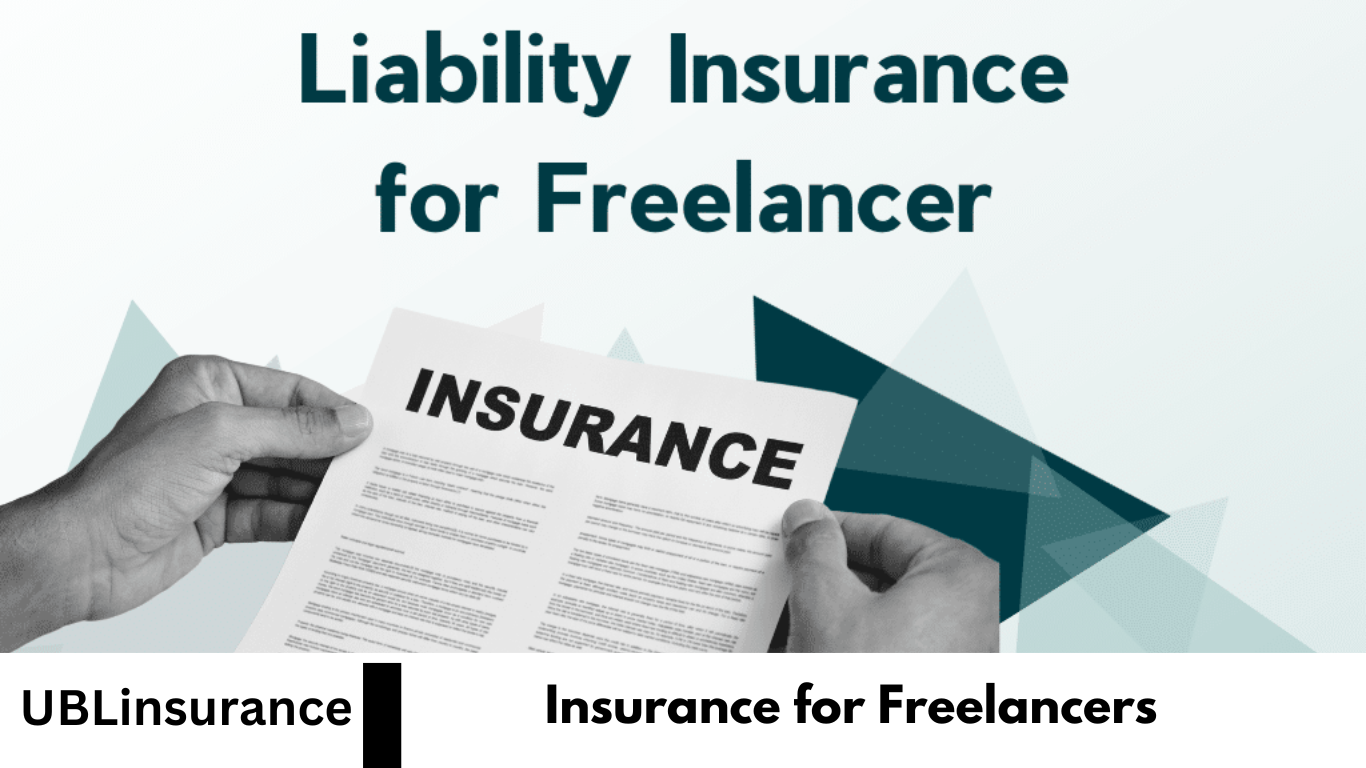While freelancers enjoy independence and flexibility, they also face unique risks that necessitate insurance. In contrast to traditional employees, freelancers do not receive benefits from their employers, so they must cover their own costs. The right insurance protects against financial loss due to accidents, lawsuits, health issues, or business interruptions. One of the most important types of coverage for freelancers is health insurance. Many choose individual plans through the Affordable Care Act (ACA) marketplace or private insurers.
Disability insurance is helpful because it safeguards income in the event of an injury or illness that prevents one from working. Freelancers who provide professional services need liability insurance.
Why Freelancers Need Insurance
Freelancers face unique challenges when it comes to managing risk and protecting themselves. Unlike traditional employees, freelancers don’t have employer-provided. They are also more exposed to the risks of working independently, such as potential lawsuits, income disruptions, or unexpected medical expenses.

Having the right insurance is crucial for freelancers to protect themselves against these uncertainties. Without insurance, a single unexpected event could jeopardize their financial stability. Therefore, having the right coverage is a smart way to safeguard your career and personal life.
Health Insurance: Protecting Your Health and Well-Being
One of the most crucial forms of insurance for any freelancer is health insurance. As a freelancer, you are responsible for your medical costs, including doctor visits, hospitalization, prescriptions, and preventive care.
Options:
- Marketplace Plans: If eligible for subsidies, freelancers. Depending on income, this can significantly lower premium costs.
- COBRA: If you were previously employed through COBRA for a limited time, although it may be more expensive than marketplace plans.
- Short-Term Health Insurance: These plans provide temporary coverage, but they generally have limited benefits and may not cover pre-existing conditions.
Professional Liability Insurance: Protecting Against Legal Claims
These are critical policies for freelancers, especially those in industries such as consulting, graphic design, writing, and web development.
Why You Need It:
- Protection Against Lawsuits: It protects you in case a client sues you for mistakes, missed deadlines, or failure to deliver services as promised.
- Coverage for Legal Fees: This insurance covers legal costs, including attorney fees and settlements, if you’re found liable for negligence or a breach of contract.
General Liability Insurance: Protection Against Third-Party Claims
Even if you don’t have a physical office or employees, general liability insurance is crucial for freelancers. It covers common risks, such as damage to a client’s property or bodily injury that happens during your business activities. If you work on-site at a client’s location or meet clients at coworking spaces, this coverage is an accident.

Why You Need It:
- Third-Party Injuries: If a client visits your home office and gets injured, general liability insurance will file a lawsuit.
- Property Damage: If you accidentally damage your client’s property while working at their location, general liability insurance will pay for repairs or replacement.
- Advertising Mistakes: This coverage also protects you from claims related to advertising or marketing errors, such as copyright infringement or defamation.
Key Considerations:
- General liability insurance is generally affordable for freelancers and can often be bundled with other forms of business insurance.
- Make sure that the policy covers both property damage and bodily injury claims, as both can occur unexpectedly.
- Check for exclusions, such as any limitations regarding your home office or work environment.
Business Interruption Insurance: Coverage for Lost Income
For freelancers who rely heavily on their ability to work, business interruption insurance can be an essential policy. This insurance provides financial support if unforeseen cause a temporary halt to your business operations.
Why You Need It:
- Business Continuity: If your primary workspace, like a home office or rented space, is damaged or destroyed, business interruption insurance helps cover the lost income until you can resume work.
- Coverage During Recovery: This insurance also covers the ongoing recovery period, so you can continue paying your bills without interruption.
Key Considerations:
- Freelancers who work from home should carefully review their home insurance policy to see if it includes business interruption protection.
- Policies may vary widely in coverage, so it’s essential to evaluate how long you’d be covered for lost income and under what circumstances.
Income Protection Insurance: Ensuring Financial Stability

As a freelancer, you don’t have the luxury of paid sick days, paid time off, or disability leave. If you become ill or injured and are unable to work, income protection insurance (also known as disability insurance) provides you with a financial safety net.
Why You Need It:
- Coverage for Illness or Injury: Income protection insurance replaces a portion of your income if you’re unable to work due to illness or injury. Unlike health insurance, this policy focuses on protecting your income and livelihood.
- Financial Security: Freelancers can face financial difficulty quickly when they’re unable to work. This coverage helps you manage bills, rent, and other essential expenses until you can return to your freelance work.
Key Considerations:
- Policies typically pay out 50-70% of your income, so you’ll need to assess how much coverage you need based on your regular earnings.
- Look for policies with a waiting period that aligns with your needs. Some policies begin payments after a few weeks, while others may have a more extended waiting period.
Workers’ Compensation Insurance: For Freelancers with Employees
Freelancers who hire contractors or employees to work with them should consider workers’ compensation insurance. This type of coverage provides benefits to employees who are injured on the job, covering medical costs and a portion of lost wages.
Why You Need It:
- Employee Injuries: If a freelancer with employees or subcontractors has an accident in the course of work, workers’ compensation covers medical bills and lost wages for the injured party.
- Legal Compliance: In many states, freelancers with employees are legally required to carry workers’ compensation insurance. This protects both the business and the employees in case of workplace accidents.
Key Considerations:
- Determine whether your state requires workers’ compensation insurance based on the number of employees or contractors you hire.
- Check your state’s specific requirements, as they may vary widely in terms of coverage and cost.
Cyber Liability Insurance: Protecting Against Data Breaches
For freelancers who handle sensitive client data—such as those in finance, healthcare, or technology—cyber liability insurance is crucial. This insurance protects your clients in case of a data breach or cyberattack that exposes their personal or financial information.
Why You Need It:
- Data Protection: If your systems are hacked or your devices are stolen, cyber liability insurance covers the costs of a data breach, including client notification and credit monitoring services.
- Reputation Management: Cyberattacks can harm your professional reputation, and this insurance helps cover the cost of managing public relations efforts after a breach.
Key Considerations:
- Freelancers handling confidential information, such as medical records or financial data, are at a higher risk of cyberattacks and should seriously consider this coverage.
- Cyber liability insurance can also cover the costs of business interruption if a cyberattack temporarily halts your operations.
Auto Insurance: Coverage for Freelancers Who Drive for Work
Freelancers who use their vehicles for business purposes, such as meeting clients, attending events, or delivering goods, need business auto insurance. Personal auto insurance typically doesn’t cover accidents or injuries that happen while using your car for work.

Why You Need It:
- Liability and Damage: If you’re involved in an accident while driving for work, business auto insurance will cover liability and property damage. Personal auto insurance policies often exclude accidents that occur while the car is used for business purposes.
- Rideshare Drivers: Freelancers who drive for companies like Uber or Lyft should look into rideshare insurance, which is designed to fill the coverage gap between personal auto insurance and the commercial insurance provided by the rideshare company.
Key Considerations:
- Ensure that your business auto insurance policy includes coverage for both damage to your vehicle and injury to others while you’re on the job.
- If you use your vehicle for any commercial purpose, the right coverage is essential to avoid gaps in protection.
Renters Insurance: Protecting Your Home Office and Equipment
Renters insurance is an essential policy for freelancers who work from home. It protects personal belongings and home office equipment from damage, theft, or loss.
Why You Need It:
- Home Office Protection: Renters insurance helps replace your computer, printer, or other business-related equipment if it is damaged or stolen.
- Liability Coverage: Renters insurance also provides liability coverage if someone is injured while visiting your home office.
Key Considerations:
- Make sure your renter’s insurance covers business-related property, such as computers and other office equipment.
- Some insurers offer business add-ons to renters insurance that can extend coverage to home offices, so it’s worth checking with your provider.
Frequently Asked Questions
Do freelancers need insurance?
Yes, freelancers need insurance to protect against health expenses, liability claims, and business interruptions.
What is the best health insurance option for freelancers?
Freelancers can get coverage through the Affordable Care Act (ACA) marketplace, private insurers, or professional associations.
Why is liability insurance important for freelancers?
Liability insurance protects against lawsuits related to negligence, errors, or third-party property damage.
What is professional liability insurance?
Also known as errors and omissions (E&O) insurance, it covers claims of mistakes or inadequate work.
Is disability insurance necessary for freelancers?
Yes, it provides income protection if a freelancer is unable to work due to illness or injury.
What does cyber liability insurance cover?
It protects freelancers handling sensitive client data from cyberattacks and data breaches.
Does freelancer insurance cover lost income?
Business interruption insurance helps cover lost income due to unforeseen disruptions.
Can freelancers get dental and vision insurance?
Yes, many providers offer standalone dental and vision plans for self-employed individuals.
Is equipment insurance necessary?
Freelancers relying on expensive tools or technology should consider equipment insurance.
Where can freelancers find affordable insurance?
Options include ACA marketplaces, private insurers, and freelancer organizations offering group plans.
Conclusion
Insurance is vital for freelancers to protect their health, finances, and business operations. Without employer-provided benefits, self-employed professionals must secure their own health, liability, and disability coverage. Choosing the right insurance ensures financial stability in case of illness, lawsuits, or work disruptions. Freelancers should assess their risks, compare policies, and select the best coverage to safeguard their careers. With the proper protection, they can focus on growing their business without worrying about unexpected financial setbacks.




